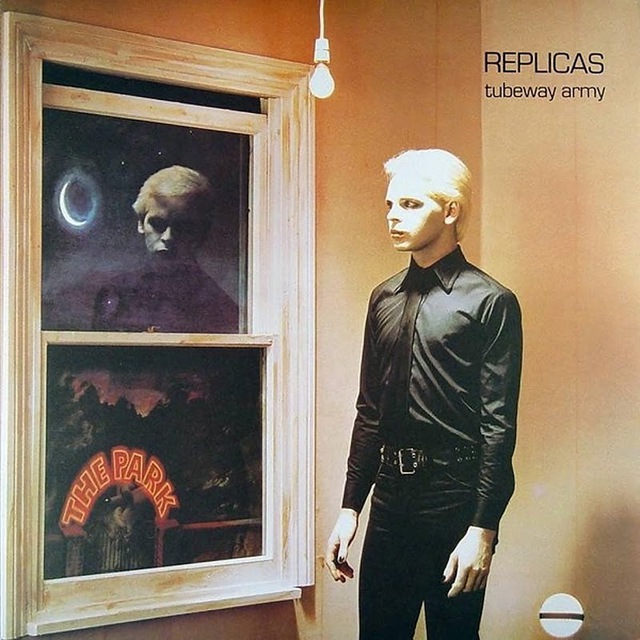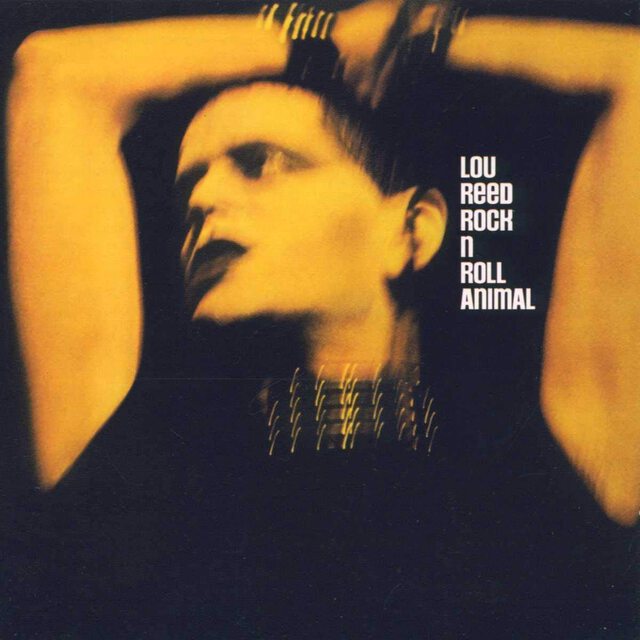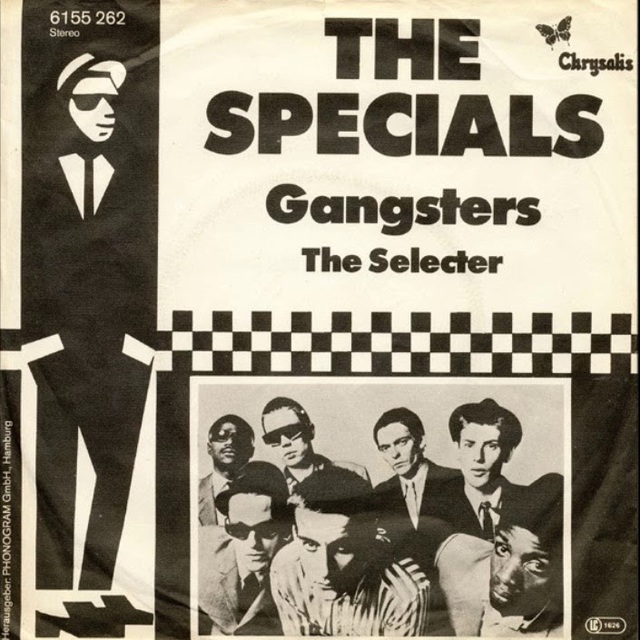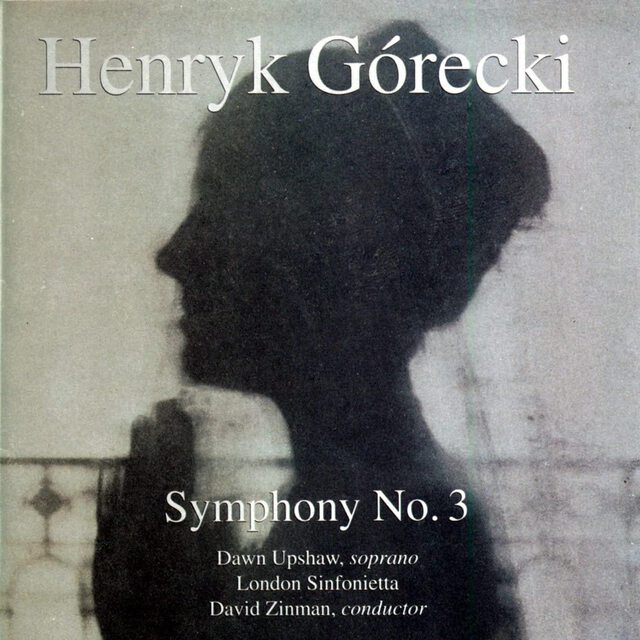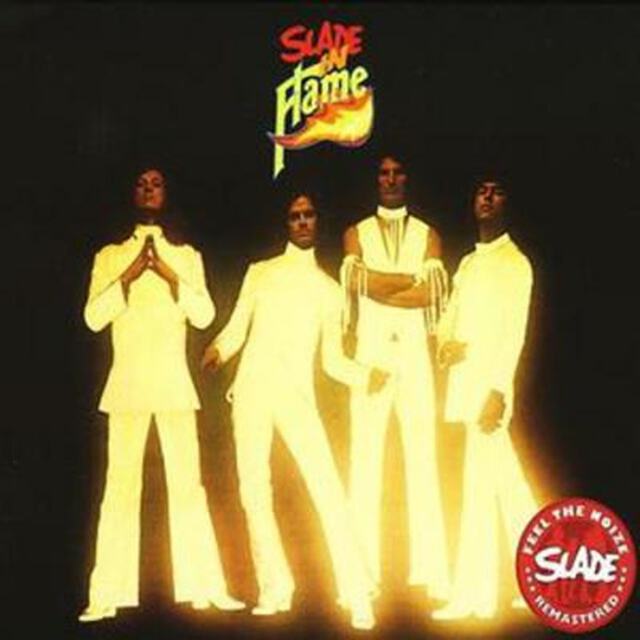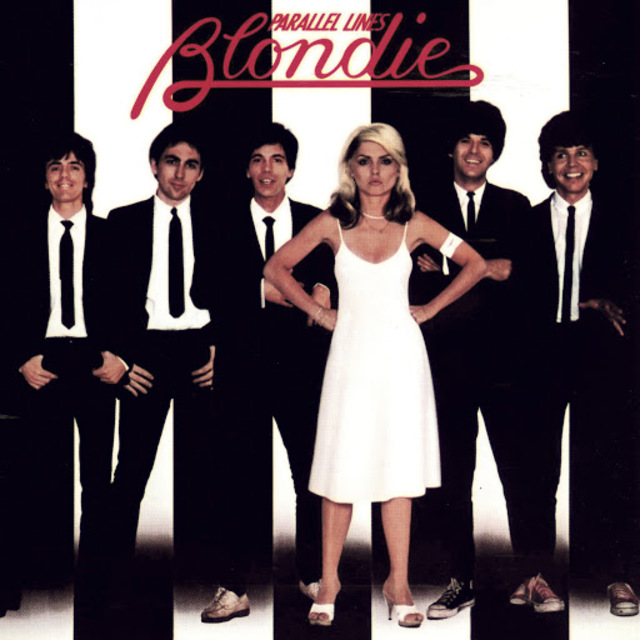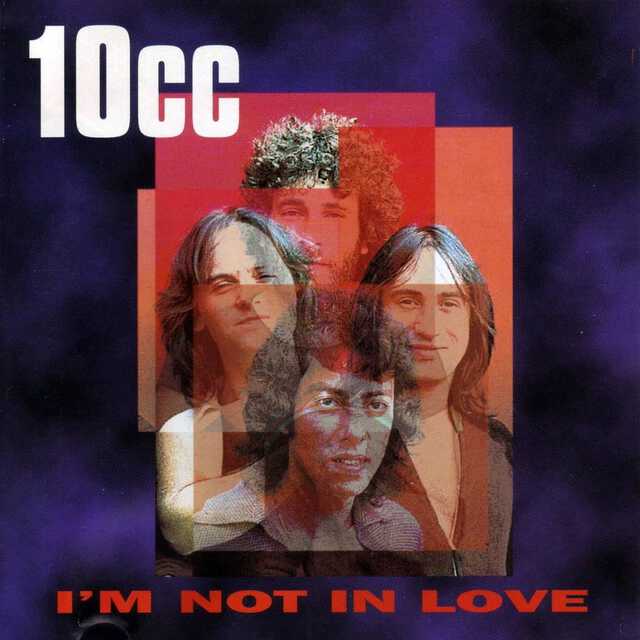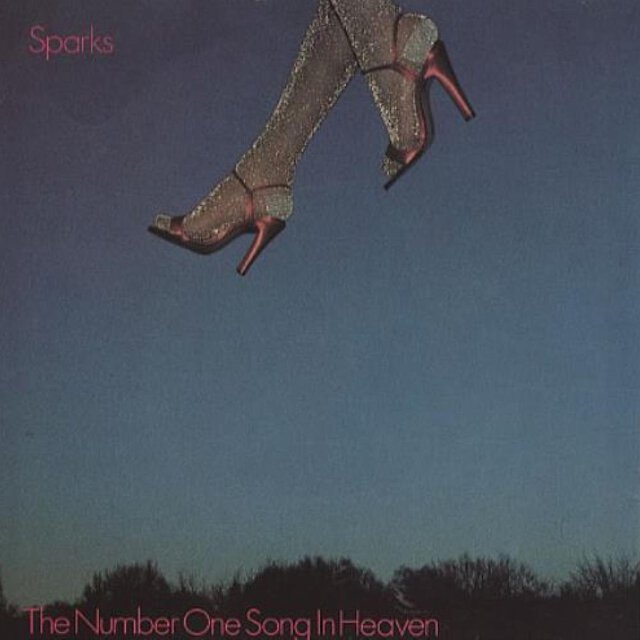As the dying embers of punk faded, this new sound seemed like something we’d been waiting for - the next phase for pop/rock...
A big leap forwards while still being rooted in the present.
This isn’t the first version of Sweet Jane, of course. It’s not even a typical version by Reed solo, or as part of The Velvent Underground. But it is really quite stunning. What really makes this, though, is the intro penned by Steve Hunter - and Hunter’s band, which subsequently went on to back Alice Cooper.
Punk was running out of steam by 1979, but as a seventeen-year-old who was into whatever was new, this was just as exciting as punk to me. Of course, this wasn’t really new, it was a second wave of ska. But it was certainly still pretty exciting. This is the first of a few tracks on this blog that have a Terry Hall connection.
I’m definitely not an aficionado of classical music, so it’s probably inevitable that my tastes in contemporary classical are at the more populist end of the scale, but this is a beautiful, emotional, piece. You probably wouldn’t file it under “easy listening”, though.
Far Far Away / How Does It Feel?
Slade
11th October 1974 (Far Far Away), 7th February 1975 (How Does It Feel?)🇬🇧
Slade were stylistically lumped in with the UK ’glam’ movement, but they were streets ahead of some of the producer-led fodder like The Sweet. These two singles came out as their peak popularity was waning, but this is a pair of fine tracks from the surprisingly good Slade in Flame film.
Another landmark record in terms of production, this is one of those records that still sounds amazing over 40 years on. Like the previous song on this blog, it has a hook whereby the time signature sometimes changes. Golden Brown adds an extra beat here and there, but Heart of Glass skips a beat. Reportedly the result of an editing accident which was kept when it sounded great, the result is an iconic “middle 8” section which sounds wrong when repeated in normal time in an extended version.
This song was released only a few months before Queen’s Bohemian Rhapsody, and although it doesn’t have the complexity of songwriting of the latter, I’d suggest that it is an even more astounding leap forward in the state of the art of sound production.
After a period as a guitar-based rock band that saw Sparks earn considerable commercial success, they teamed up with Giorgio Moroder to execute a complete change of direction. As it turns out, there would be several more such big changes throughout the band’s career - which is still going strong.
